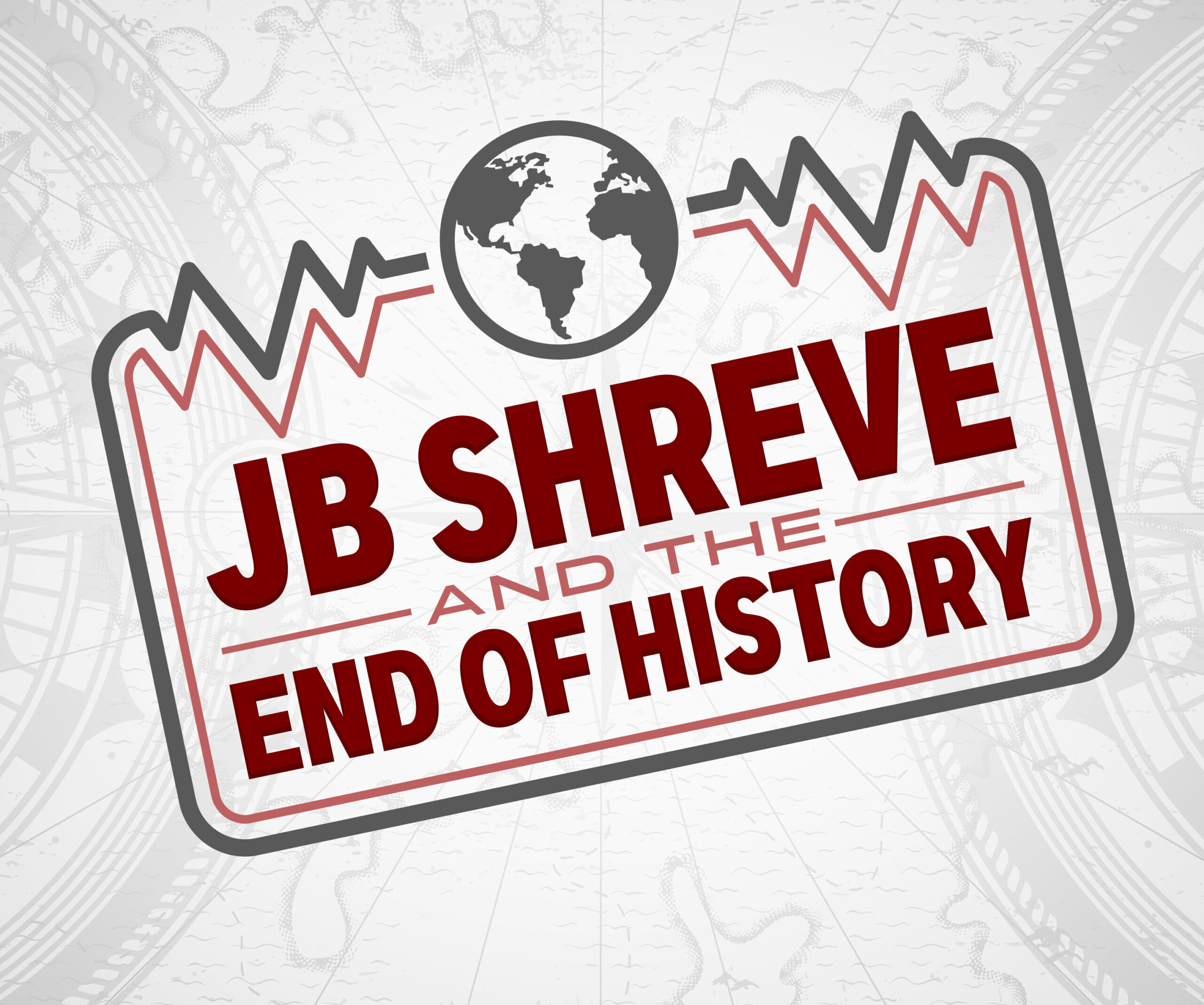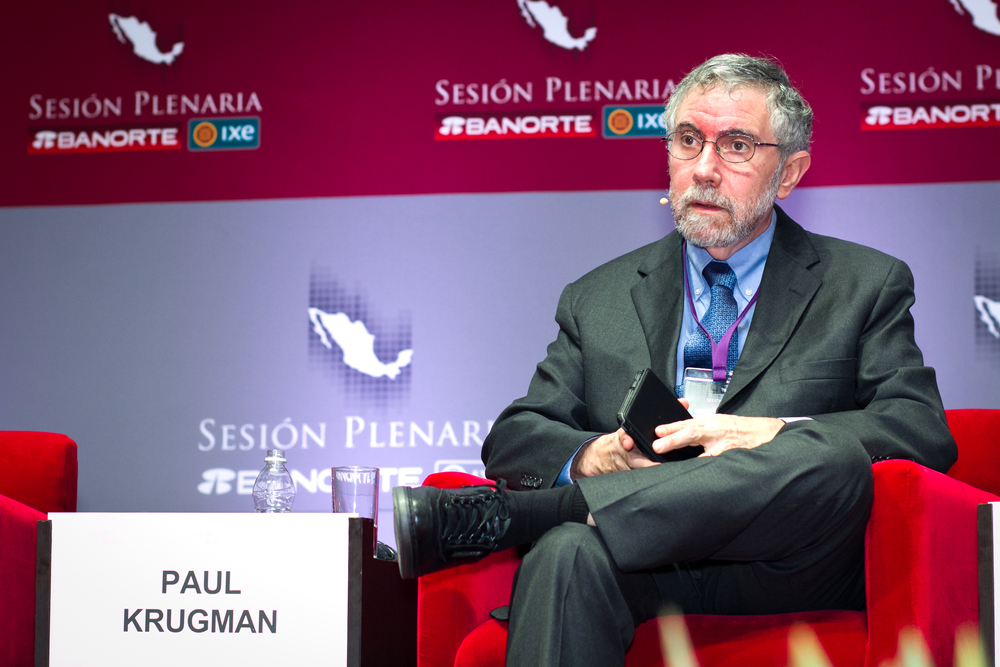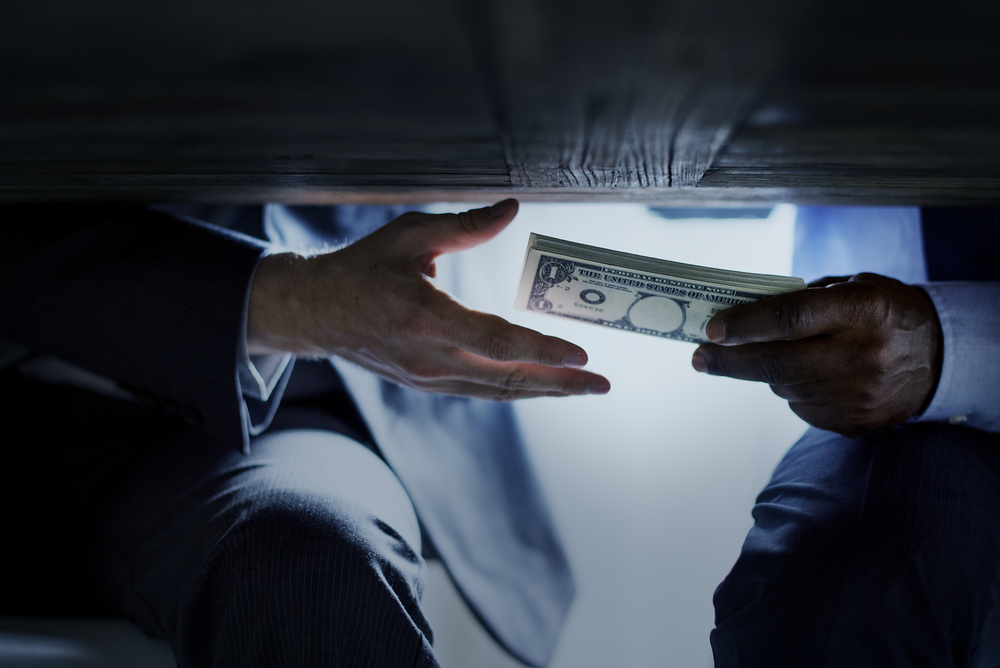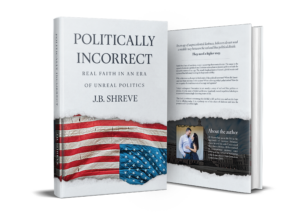
Bank Failures, Government Interventions, and a Dysfunctional Economic System Beginning to Implode (Part 2)
This is part two of this article discussing the coming economic meltdown. You can find part 1 here.
Crazy Stupid Ideas That Lead to the Coming Economic Meltdown
The father of capitalism, Adam Smith, wrote about the invisible hand of the marketplace. The invisible hand worked to incentivize individuals and businesses to work toward their own interests. This concept has a host of applications from micro to macroeconomics, but it has quickly disappeared from the modern era of capitalism.

Many do not realize how close the global economy came to collapse during the 2008 meltdown. The intervention of the government to bailout the financial sector, whose risky and irresponsible activity brought on the crisis in the first place, came under the guiding motive too big to fail. As reprehensible as it was to rescue the same finance industry that created the crisis, letting these institutions fail would do too much damage to the global economy – global economic collapse level damage! Most of us have an opinion on whether that intervention was right or wrong, but our generation learned a valuable lesson in the historic government interventions. Consequences are negotiable. We can manipulate the invisible hand. Size is more important than responsibility or accountability. These are the rules to win by, no matter what harm they do to the system in the long term.
Easy credit has held no significant risk of default for the consumer, private businesses, or even the government because we no longer believe an accounting will ever come due. The bailout will be there. Loan forgiveness will be secured. Stimulus packages will appear.
Nobel Prize winning economist Paul Krugman explained how the idea that a government should not take on too much debt was a myth. As long as interest rates remained low, more debt was good for the economy. He said that during a decade when the government, corporations, and homes piled on unprecedented levels of debt amid historically low interest rates.
-
Also Read: This Is What Happens In An Economic Crisis
The problem with that assertion should have been easy to foresee. Interest rates cannot remain historically low. They will begin to rise. Then what?
Then banks fail. Then layoffs begin. Then foreclosures occur. That is what we are entering into, discounting the license our culture took during the last decade by believing “debt is good.”
Systemic Corruption
History books will reflect on this era and wonder how we missed the warning signs. Beginning in the 1980s, as the economy boomed, the frequency of financial crises and scandals increased. We live within an economic reality of excess that not only invites corruption but goes to extraordinary lengths to legitimize and cover it up. Growing corruption scandals are symptomatic of a corrupt system.
(I encourage readers interested in this topic to watch the new Netflix documentary on Bernie Madoff. Notice how many times he should have been caught and how much smaller the damage would have been had that been achieved. Instead, he was lauded and celebrated – until he wasn’t.)
In the last 18 months, we have seen enormous financial scandals in China and India as the global economy begins to sag under the weight of the dysfunctions America’s debt rich globalization schemes have exported to the world. We have become so accustomed to corruption we barely notice it amid the headlines of financial crisis, but it is a key leading indicator.
The venture capitalist Peter Thiel encouraged portfolio companies to move their money into SVB last week to keep the bank from failing, even while Thiel moved his own money out. Seems sketchy?!?! Among the board members for Signature was Barney Frank, the former Congressman and co-author of the post-2008 finance reform policy known as Dodd-Frank, was a director at the Signature Bank before it was taken over by the feds this weekend. The guy who wrote the rules was now piloting an institution of excess.

Fraud and corruption are not unique to bank failures. They are endemic to our modern economic reality. The Washington Post published an impressive investigation into the covid money trail documenting how fraud swallowed up billions of dollars of relief funds with little to no consequences. Two years ago, Sarah Chayes published her book On Corruption in America. It is a fascinating account that details the levels of corruption in our political and economic system. If you believe the problem is Republican or Democrat, you need to read this book. That division is part of the illusion to distract the public from what is happening. From Trump to Biden, we have a political system that rewards, covers, and legitimizes corruption, and it is only getting worse.
We are on the verge of a massive economic meltdown. In the last hundred years, we contrasted all economic downturns against the Great Depression. This one will be different, though. The mountains of debt, the systemic measures of inequality, and the corrosive rivers of corruption are unlike anything a developed economy has seen. It does not take a doomsday warning to recognize we stand at the threshold of the coming economic meltdown.
-
If you are benefitting from this article you might also enjoy our History Of Economic Inequality podcast series. This series tells the modern history of the American economy from a non-partisan perspective.













1 Comment on “Bank Failures, Government Interventions, and a Dysfunctional Economic System Beginning to Implode (Part 2)”
Comments are closed.